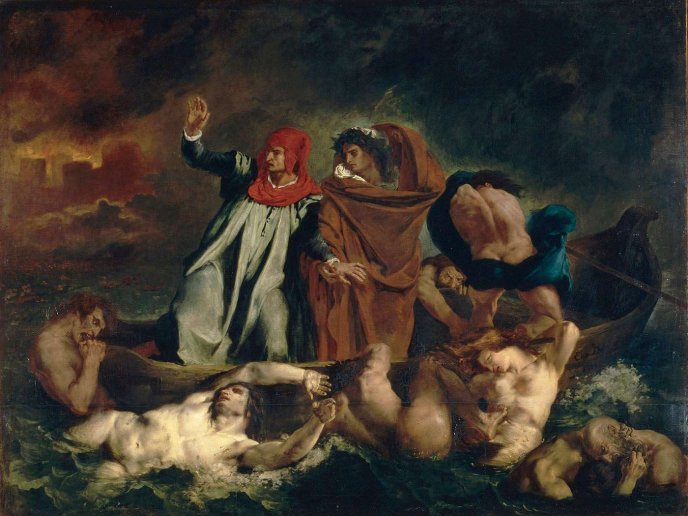Mikael Larsson is invited by the Collège de France assembly at the suggestion of Prof. Thomas Römer.
Prof. Larrsonwill speak in English, with a lecture in French.
Abstract
Danish director Lars von Trier is a divisive figure, and his personal trademark is to deceive his audiences' expectations and oppose their tastes. His films are innovative in form and genre, and they systematically tackle some central theological themes, such as the meaning of sacrifice or the relationship between power and freedom. In this contribution, I examine von Trier's assemblage of biblical traditions and present it as a case of biblical reception. To put it simply, I seek to find out which Bible appears in von Trier's films and why.
I will begin with a brief introduction to the field of the Bible and cinema, and to the work of Lars von Trier. Using three films (Anti-Christ [2009], Nymphomaniac [2013] and The House that Jack Built [2018]), I will show how the Bible appears in the films and which Bible is used. I will also suggest how biblical receptions work for each film, and identify some common denominators in the director's use of the Bible. Finally, I will reflect on the link between von Trier's reception of the Bible and the notion of contemporary society " post-secular " and ask why (allegedly) secularized viewers are interested in the director's use of the Bible, and why controversies have arisen over the way the director subverts or reifies the " Old Testament views of women ".
A blasphemic Bible? Biblical recpetion in Lars von Trier's later films
Danish director Lars von Trier is a polarizing figure in cinema and he has turned challenging the viewer's taste and expectations into his personal trademark. Experimenting with form and genres, his films consistently revolve around a core set of theological themes, for instance the meaning of sacrifice or the relationship between power and freedom. In this lecture, I present von Trier's sampling of biblical traditions as a case of biblical reception. To put it briefly, I want to see which Bible appears in von Trier's movies and why. I begin with a brief introduction to the field of Bible and film and to Lars von Trier's œuvre. Using three films (Anti-Christ [2009], Nymphomaniac [2013] and The House that Jack Built [2018]), I show how the Bible features in the films and which Bible is used. I also suggest how biblical receptions function for each film, and I identify some common denominators in the director's usage of the Bible. Finally, I relate von Trier's biblical reception to the notion of contemporary society as "post-secular" and ask why (allegedly) secular viewers care about the director's use of the Bible and why there are controversies about the way the director subverts or reifies "Old Testament views of women.

